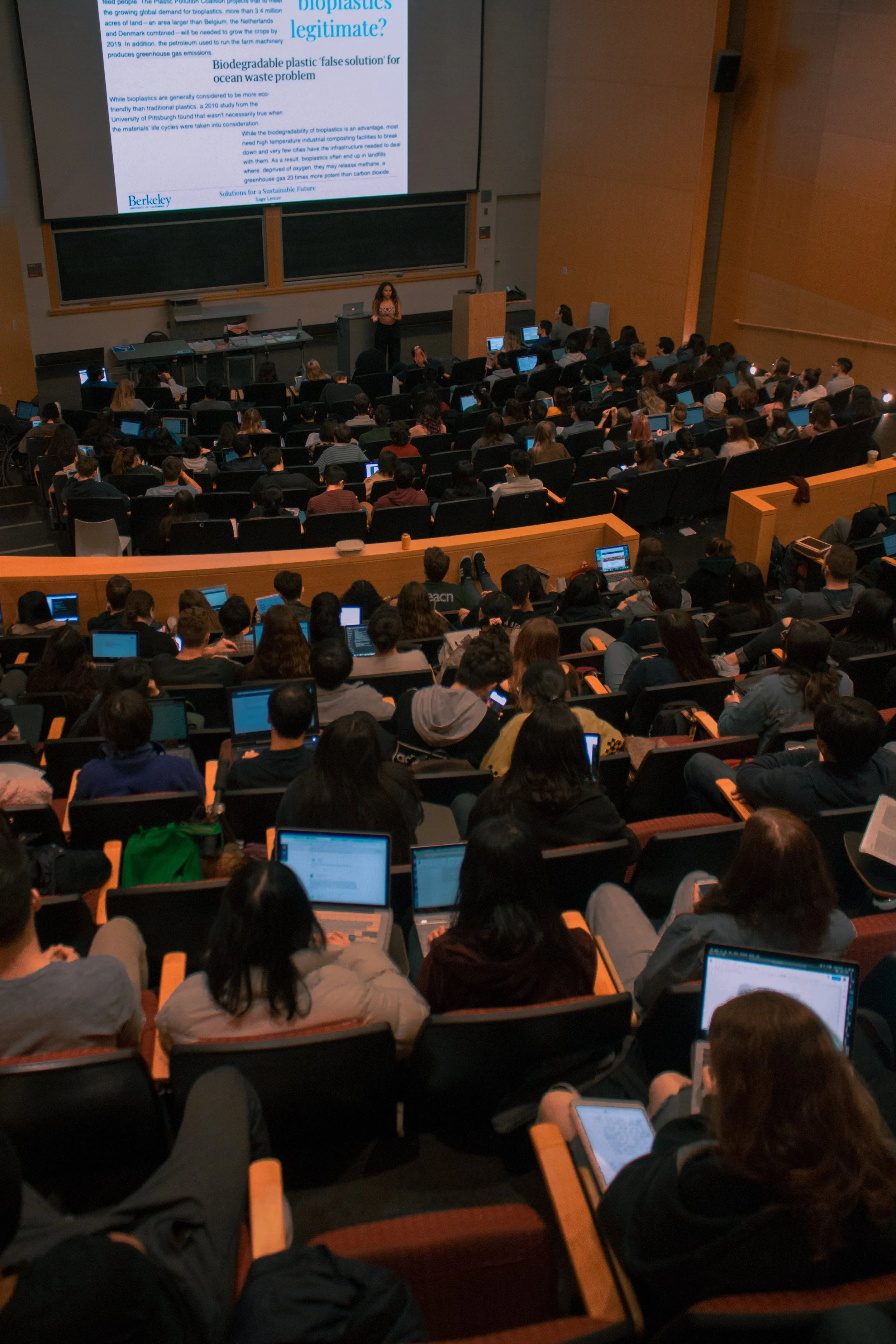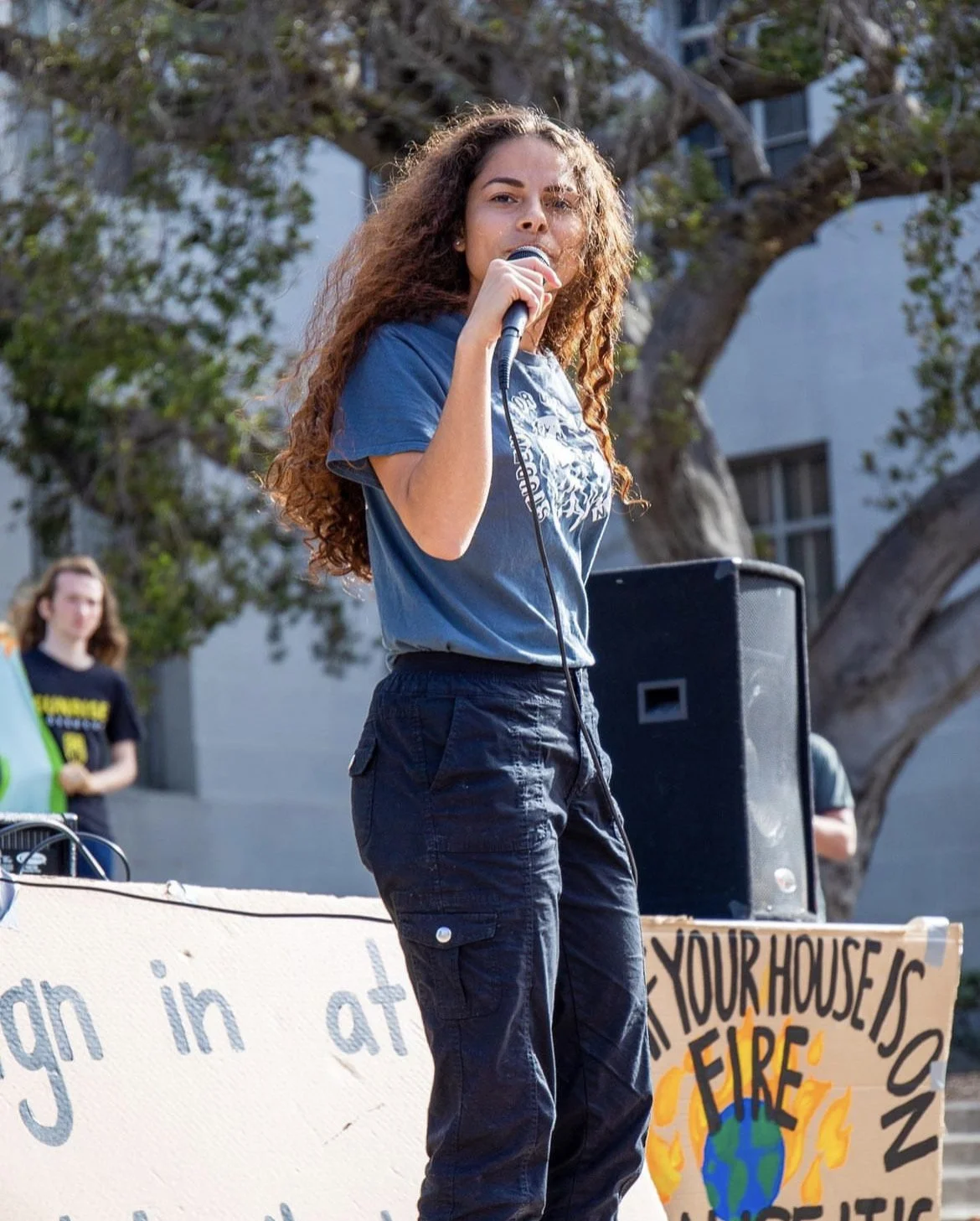Sage Lenier: Pioneering Climate Justice And Collaboration For Real Community Impact
In a world grappling with the pressing issues of climate change, Sage Lenier emerges as a visionary leader, advocating for a future where sustainability and justice take center stage. Lenier's holistic approach to tackling the climate crisis goes beyond environmental solutions, recognizing the importance of addressing social and economic disparities. Grounded in the principles of climate justice, Lenier's vision encompasses a circular economy, empowering education, and collaborative action.
Standford University Class
A Key Tenet
Lenier firmly believes that the climate crisis disproportionately affects marginalized communities. According to a report by the United Nations Environment Programme (UNEP), low-income communities and communities of color are more likely to be exposed to higher levels of pollution and environmental degradation. By championing the concept of climate justice, Lenier aims to address these inequalities and ensure that all individuals, regardless of their socio-economic background, have equal access to a clean and healthy environment.
At the core of Lenier's vision is a shift towards a circular economy. This approach emphasizes not just minimizing waste but redefining products and services to design out waste and pollution, keep products and materials in use, and regenerate natural systems. Lenier advocates for the efficient use of resources and sustainable practices such as recycling, composting, and responsible consumption to reduce our environmental impact and promote a regenerative approach.
Environmental justice is not a separate topic but woven into the fabric of Lenier's work. It influences how every initiative and project are approached, integrating social equity with environmental sustainability. Lenier's goal is to ensure that solutions are inclusive and consider the disproportionate impact of environmental issues on marginalized communities. For example, when teaching about industries like the tech sector, the focus is on understanding the impact on human rights crises and the planet, emphasizing the interconnectedness of social and environmental issues.
Empowering Through Holistic Environmental Education
The educational approach aims to provide comprehensive environmental education that empowers young people to develop their theories of change. Lenier's programs focus on shaping students' worldviews and career decisions around sustainability, offering them the tools to address environmental challenges holistically. This approach goes beyond just inspiring students by teaching about climate change to empowering them to become informed and active participants in creating sustainable solutions for the future.
Lenier emphasizes the importance of collaboration and coalition building in the climate movement. By joining forces with other organizations, activists, and stakeholders, Lenier believes in amplifying impact and advocating for systemic change on a larger scale. Collaborative approaches lead to more innovative solutions, increased community engagement, and improved resource allocation, ensuring that diverse voices and perspectives are included in comprehensive solutions that benefit communities.
Sage Lenier , Cheyenne, Texas
Sage Lenier's vision for the future encompasses a holistic approach to sustainability, integrating environmental, social, and economic factors. Her advocacy for climate justice, transitioning towards a circular economy, empowering education, and collaboration is aimed at creating a more equitable and healthy environment for all communities. Through these initiatives, Lenier inspires positive behavioral changes, academic success, and real-world actions that benefit communities and the planet.
HOW DO YOU FEEL ABOUT FASHION?
COMMENT OR TAKE OUR PAGE READER SURVEY
Featured












Chipped tooth? Gap? Stains? Composite Bonding Durham fixes it all in one go. Affordable, natural-looking results without the veneer price tag.